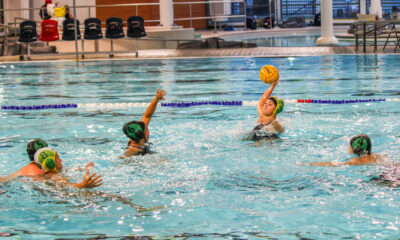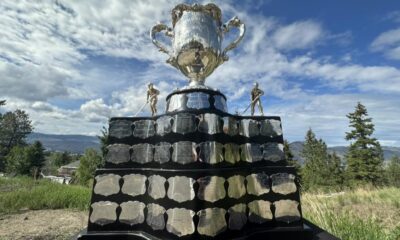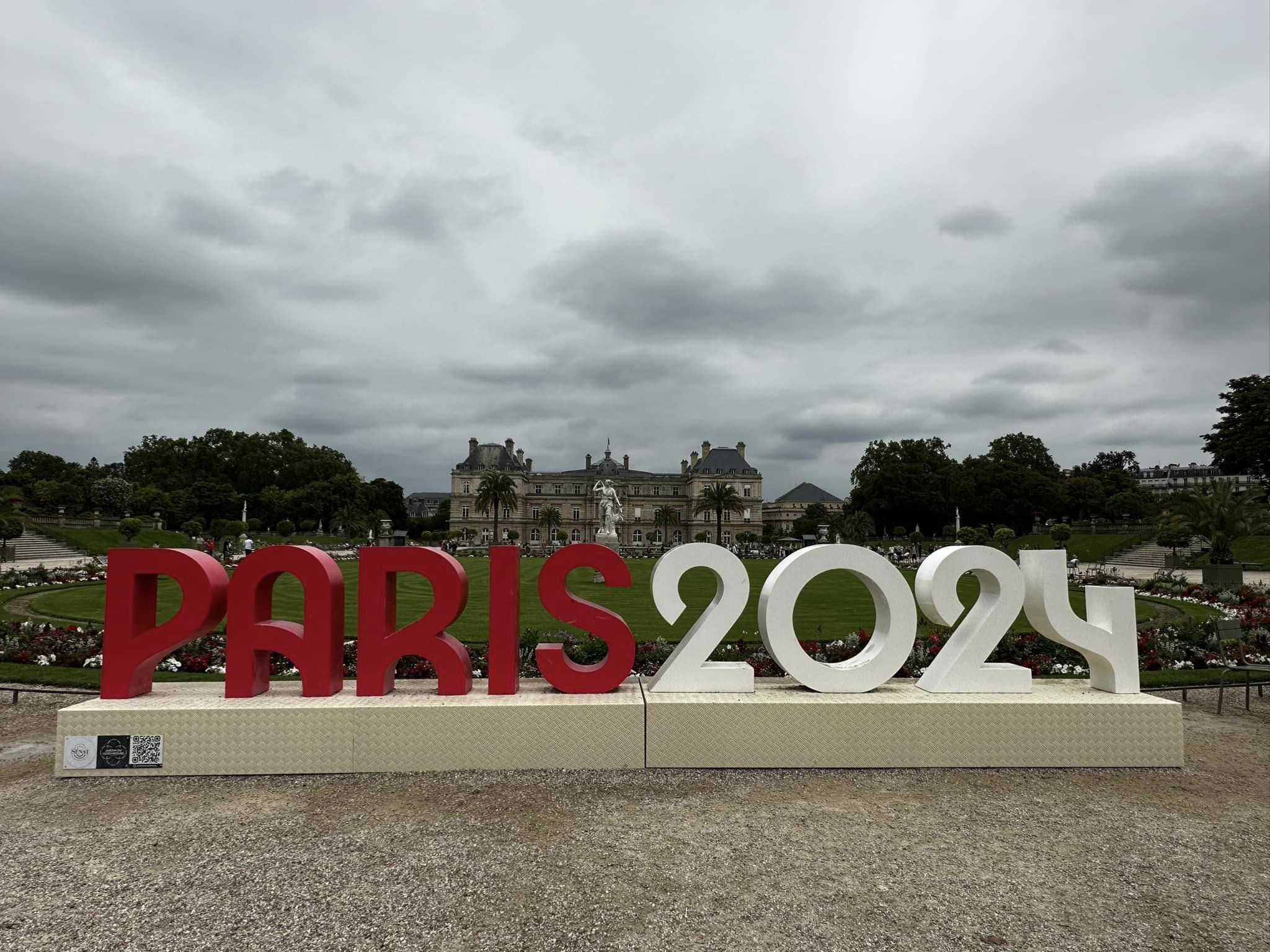
Photo Submitted
We continue our look at the role TV played during the Olympic Games throughout the ages with this be part two sent to us by Roland Stockli which we greatly appreciate.
During the Men’s Slalom event, A games official had asked Tony Verna, a CBS Director, if they could look at the footage due to a concern that a slalom skier had missed a gate.
The answer was yes but not at that moment. The need and the seed was planted, taken back to New York and created. Then on December 7 of 1963, the instant replay debuted.
The replay was of Army QB Rollie Stichweh’s 4th Qtr. 1 yard run for a TD. Tony Verna the same director for CBS during the 1960 Winter Games, had tried many times earlier that day to use his new technology but due to technical difficulties, only 1 replay made it on the air and it was that 1 yard TD run.
ABC broadcast the 1964 Winter Olympics from Innsbruck, Austria to North American audiences and at the helm of that coverage was their Producer,
Roone Arledge who became a legendary figure in American Sports Television. After leaving CBS in 1961 to host ABC’s Wide World of Sports,
Jim MacKay was now in ABC’s anchor seat. Roone Arledge and Jim MacKay would remain in their respective chairs for all 10 of ABC’s Olympic broadcasts.
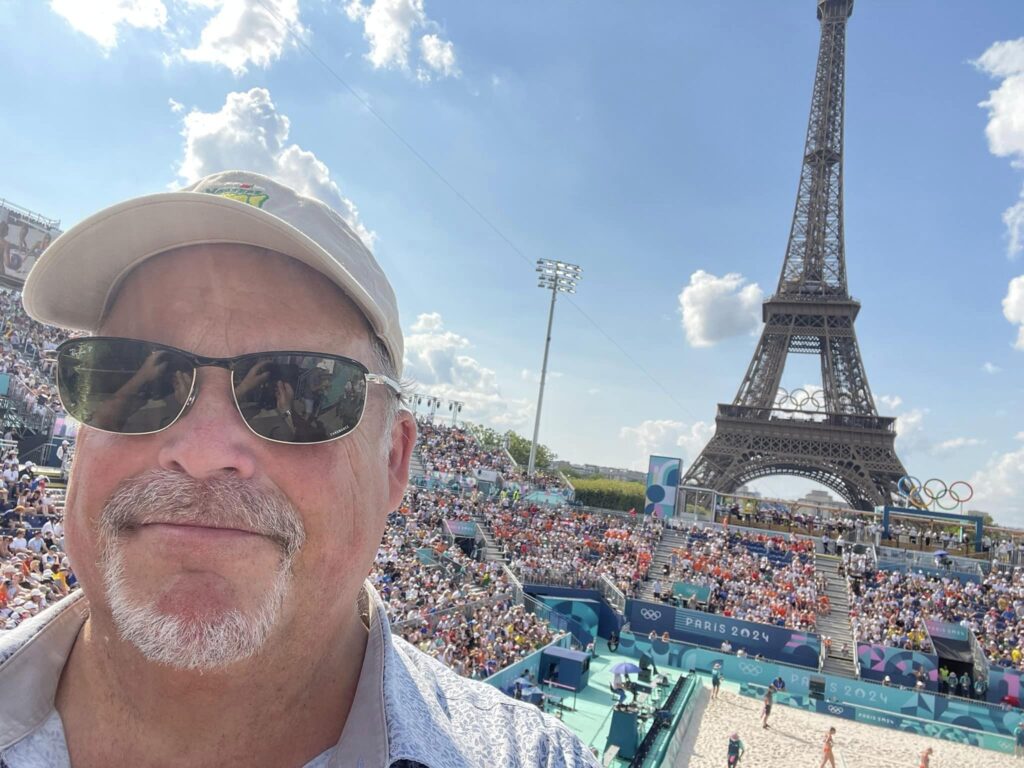
Jim’s Olympic Broadcasting career would come to an end with the 2002 Salt Lake City games and as a member of the NBC team. Sadly the 1972 Summer games broadcast by ABC from Munich presented the world with terrible news about the brutal hostage taking and murder of 11 Israeli athletes by Palestinian Terrorists,
It was Jim MacKay who anchored a 14 hour telecast and informed American audiences and the world on that terrible day by saying 3 simple words, “they’re all gone”.
The Tokyo 1964 Summer games were the first to be telecast internationally. NBC had purchased the US rights
The games were telecast to the United States using Sitcom 3,the first geostationary communication satellite, and from there to Europe using Relay 1, an older satellite which allowed only 15–20 minutes of broadcast during each of its orbits.
Total broadcast time of programs delivered via satellite was 5 hours 41 minutes in the United States, 12 hours 27 minutes in Europe, and 14 hours 18 minutes in Canada.
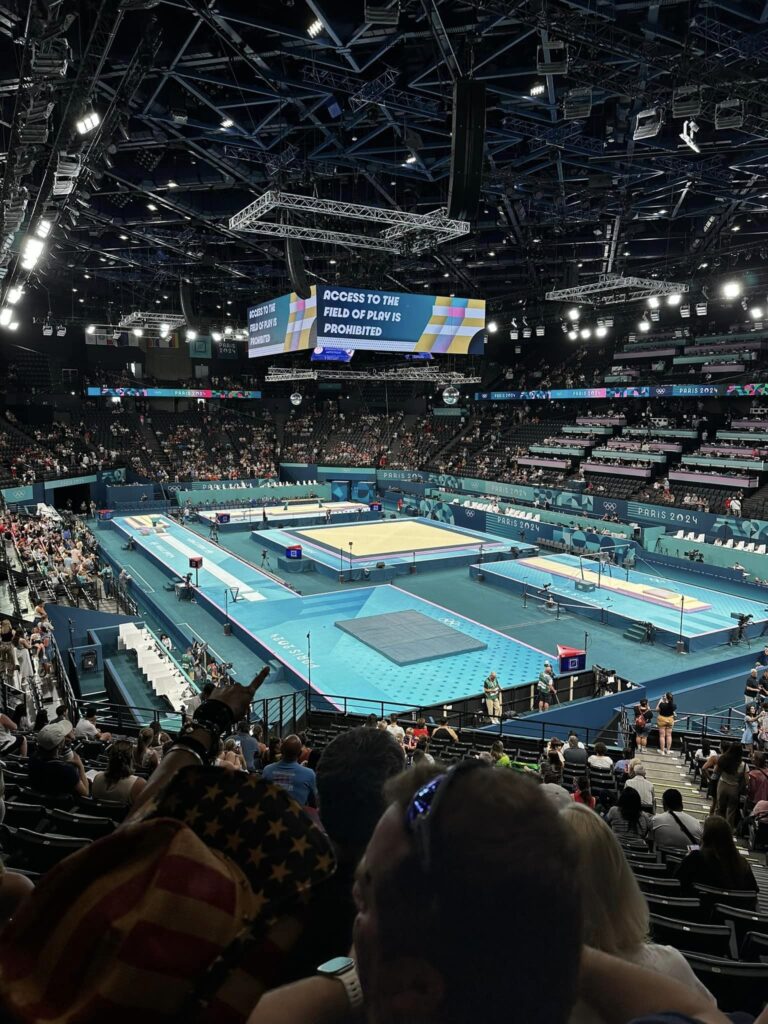

Pictures were received via satellite in the United States, Canada, and 21 countries in Europe. Several broadcasters recorded some sports from Japan and flew over to their countries.
TRANSPAC-1, the first trans-Pacific communications cable from Japan to Hawaii was also finished in June 1964 in time for these games.
Before this, most communications from Japan to other countries were via shortwave.
North American audiences saw the 1968 Winter games in Grenoble, France through the lens’ of ABC’s seasoned team of Television Professionals.
They had become the worldwide standard of Sports and they used their mastery of storytelling by highlighting the success of figure skater Peggy Fleming and the French Alpine ski phenom Jean-Claude Killy.
Fleming and Killy became overnight sensations and it was ABC’s coverage that is credited with making the Winter Olympics more popular in the United States. It would be 12 years before Lake Pacids’, Miracle on Ice, but it was here that American audiences began their love affair with the Winter Olympics.
The Summer games of 1968 in Mexico is perhaps remembered as the moment, 2 American black athletes, Tommie Smith and John Carlos, silently told the world through 2 raised fists, that race inequality was deeply ingrained within American culture.
Wearing only black socks and no shoes, the Gold and Bronze medal winners walked out to the medal ceremony.
During the playing of the American National Anthem Tommie Smith and John Carlos lowered their heads and raised a black gloved fist in the air and silently presented the world with a symbol full of meaning, it was a defiant statement against systemic oppression of black people in America. 2 days later they were suspended from the team and sent back to America.
In that televised live world wide moment, America’s deepest secrets were revealed and with it an understanding that change must happen and it will not be silenced. In the years to come, Smith and Carlos paid a heavy price for actions that day.
They were vilified by much of the media, Smiths’ marriage collapsed under the pressure and even though Smith was still the fastest man in the world, he was banned from National and International competitions.
By 1972, Smith was still the fastest man in the world and instead of going to the Munich games, Smith was reduced to training school children in Northern England to earn a living.
The Olympics have always been sold as leaving a great legacy for the host country. The Winter games of 1972 were no different.
Hype before the event promised exotic opportunities for travel and culture. Hype during the event relied on performance and victory.
America and team USA had very little to crow about during these games with 3 gold medals, 2 in speed Skating, one in Slalom and 8 medals in total. The U.S. Ice Hockey Hockey team came second to Russia.
NBC bought the television rights from the Sapporo Olympics group, but didn’t know they had to make a separate deal with NHK for the construction of broadcast booths at each venue.
By the time NBC found out, it was too late. All the booths that were going to be built, had been built and there were none to spare. Consequently, NBC’s commentators (despite being in a studio in downtown Sapporo) worked off of monitors.
Amazingly, it had also happened when NBC bought the rights to the 1964 Summer Olympics in Tokyo.
As mentioned earlier the 1972 Munich games are forever remembered for the worst that our fears can assemble.
The devastating outcome in Munich now haunts every Olympic event since. As a result security costs for all subsequent Olympics have risen to become the most expensive single item in every Olympic Budget.
It is often under estimated in order to not alarm the citizens of the host country knowing full well that no politician or official would dare cap the security costs out of a fear of a repeat of Munich or worse.
Preparing to meet the never ending opportunity for a global act of terrorism is a behemoth often requiring the security resources of an entire country to be brought to bear. Sadly the only known is the absolute need to prepare for the unknown.
On May 12 of 1970 the IOC announced that the host city for the 1976 Winter Olympics was to be the city of Denver, Colorado, with Saone, Switzerland as the runner up and then Tampere, Finland was next and Whistler, BC Canada was the fourth city.
In 1972 the citizens of Colorado, fearing environmental damage and an increase in costs, voted against staging the event.
Denver withdrew as host, the Olympics were then awarded to the runner up, Saone, Switzerland and they then declined, its was then offered to Tampere, Finland, they declined as well.
The Whistler bid was fourth in line and they declined due to a change in government. Salt Lake City then offered to host the games but the IOC, possibly fearing another political backlash, declined that offer and on February 5 of 1973, the city of Innsbruck,
Austria was selected to host the Winter Olympic games of 1976. Ironically the Innsbruck games are remembered more for who didn’t want to host it than the games itself.
ABC had lost 2 years worth of planning and preparation while trying to mount an Olympic coverage plan without a city to activate it.
Olympic protests were becoming par for the course. Canada and Sweden. withdrew their hockey teams to protest Russia’s ability to use professional players while Canada and Sweden were forced to use amateurs.
Part Three will be up for your reading Tuesday. Hope you’re enjoying the trip down memory lane?

Advertise With Sportswave

About Sportswave

SICAMOUS HOUSEBOATS

Delta Islanders Jr. A Lacrosse
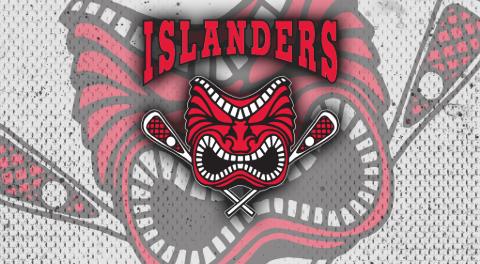
North Delta Business Association

